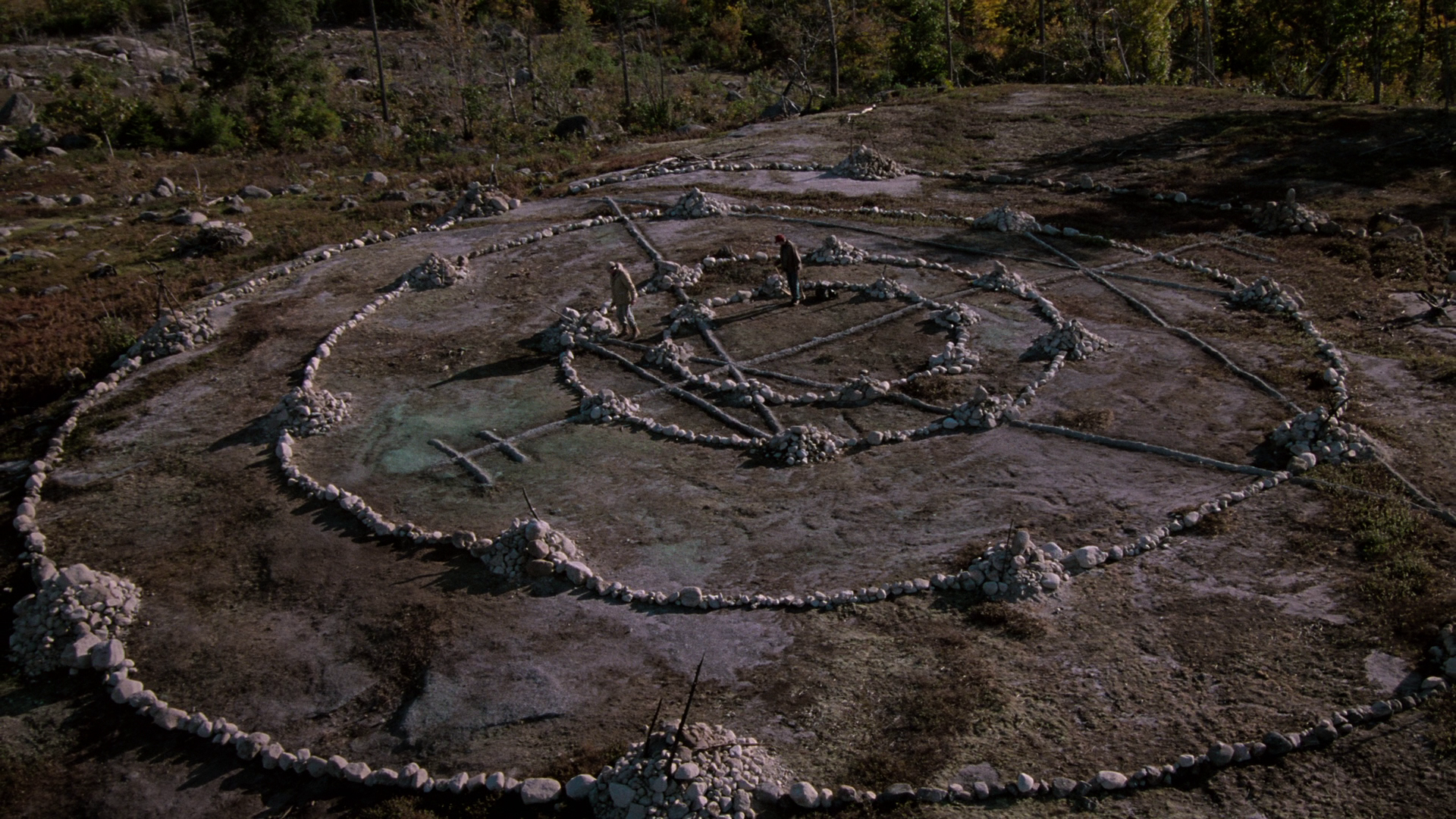Night Swim (2024) [Collector’s Edition] – Blu-ray + DVD
*/**** Image A Sound A Extras B-
starring Wyatt Russell, Kerry Condon, Amélie Hoeferle, Gavin Warren
screenplay by Bryce McGuire
directed by Bryce McGuire
by Bill Chambers SPOILER WARNING IN EFFECT. Welp, it’s come to this: a haunted swimming pool. There was a slasher movie set in a public pool (2001’s The Pool), and pools have been at the centre of some seriously creepy set-pieces in films ranging from the original Cat People to the remake of Cat People, from Let the Right One In to the remake of Let the Right One In. As far as definitively haunted swimming pools go, however, the only precedent I can think of is in Poltergeist III, and that one came in a package deal with a haunted skyscraper so it’s a bit of a cheat. Swimming was the only form of physiotherapy that didn’t feel like penance when I was growing up. Before my family put a pool in the backyard, I would swim at my next-door neighbour’s place or the rehabilitation centre where I took swimming lessons as a child. At one of those lessons, I broke my arm, but it didn’t scare me off pools–it scared me off swimming instructors. One evening, on vacation with my parents in Florida, I swam in the hotel pool, and every time I went below the surface, a pretty girl followed me down. We would bob there near the bottom, staring at each other within kissing distance through a veil of chlorine. Not a word ever passed between us; it was strange and wonderful. The pool has since become my respite from screens. I don’t know how to meditate, although I suspect that’s what I’m doing in there. Swimming has always seemed to liberate me mind, body, and spirit. I’m sentimental about swimming pools, in other words, and looked forward to Night Swim, the new film from horror megaproducers Jason Blum and James Wan, ruining them for me.

![Night Swim (2024) [Collector’s Edition] – Blu-ray + DVD](https://filmfreakcentral.net/wp-content/uploads/2024/04/vlcsnap-2024-04-19-21h34m55s993-1024x429.png)

